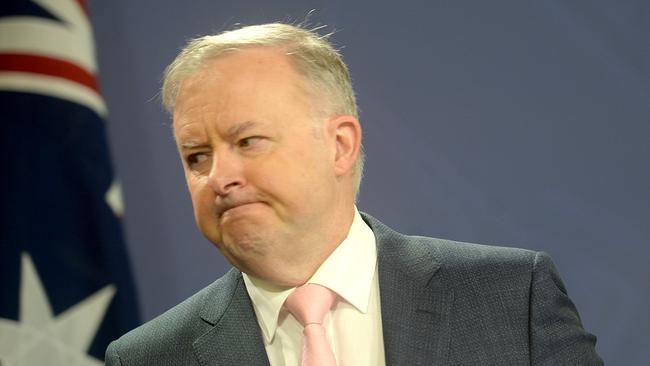
The 2019 federal election was more than a catastrophic loss for Labor, it created the preconditions for yet another one and that blow to the party which has been in power for just six years of the last 25, may be coming sooner rather than later.
The smart money is on a federal election at some point over the next ten months. The electoral pendulum can swing either way of course but in times of pandemic with the Morrison government rolling out income protections under JobKeeper and expanded JobSeeker payments (all of which are coming to an end), the prevailing wisdom is that incumbency will be an asset this year whereas it might not be quite so beneficial in 18 months.
Certainly, that was the experience in Queensland and on March 13, the McGowan government in Western Australia is expected to be re-elected with a substantial swing to it.
The Coalition currently holds a two-seat majority in the Lower House. In the normal trajectory of electoral politics if there is such a thing, Labor would be within striking distance, a confident government-in-waiting but clearly this is not the case.
Labor did not just lose an unloseable election, a birthday cake-less rendition of John Hewson’s loss in 1993. If that were the case there would be cause for optimism. In 1996, with Hewson gone and Howard as leader, the Coalition won by a landslide and remained in power for the next 11 years.
But the last federal election produced not just an against the odds loss for Shorten’s Labor but left a crop of marginals on razor thin margins. A two per cent swing against the government would net three seats to Labor and victory but a two per cent swing the other way would mean a loss of seven Labor seats.
A five per cent swing against the Coalition would net Labor 17 seats. A five per swing to the Coalition would see a loss of 20 Labor seats.
Just likeable doesn’t make a leader
Anthony Albanese faces a raft of challenges. Being likeable is a good start for a politician but not necessarily a political leader. If we go with the criteria of being a good bloke to have a beer with as a mark of political trust and support, Darren ‘Boofa’ Lehmann would be prime minister for life.
Under Albanese, Labor has to roll out policy – sane, workable policy that addresses core issues of climate policy and economic reform. It cannot afford to run a small target essentially devoid of policy strategy in times when incumbency is a real asset.
Nor can Albanese credibly offer a party of two faces – opposed to coal mining in the big cities but a supporter of it in regional Australia. If we are looking at a reason for Labor’s dismal showing in 2019 that goes beyond the serious doubts over a Shorten prime ministership, that is the best place to look.
Flimsy hope
For his part, Albanese says all Labor policies will be released before the next election, a rather well worn crutch for any opposition even in the best of times but with a federal election more likely this year than next, it places great pressure on him and his party.
At present the strategy seems to be a flimsy hope that Scott Morrison will fall over and that is pretty much no hope at all.
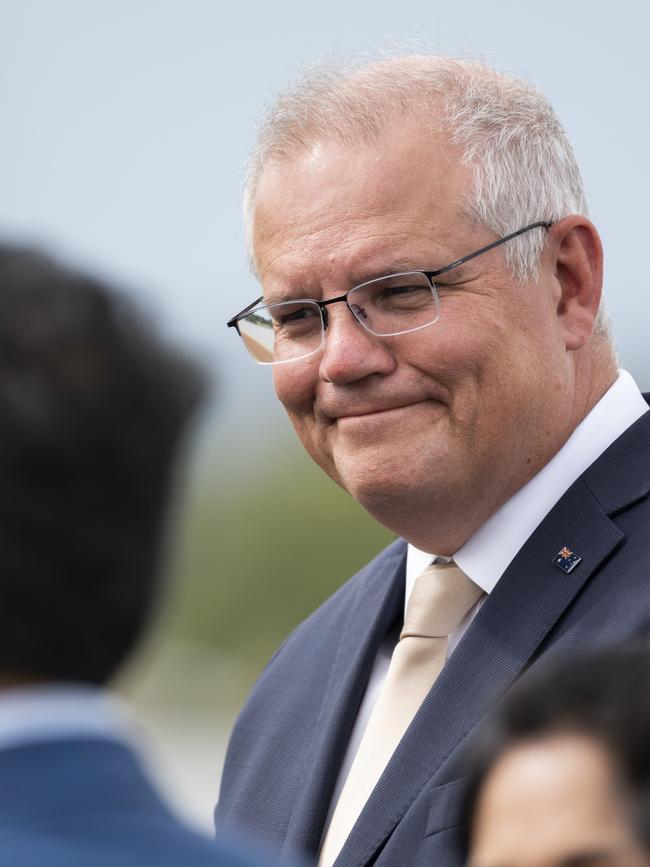
Identity crisis
From the NSW Left, Albanese has to manage Labor with an identity crisis – a party unsure of who it represents and why. These have been Labor problems for years and remain unresolved. The easy answer is Labor must represent labour and if it does not then who does it represent? Inner city progressives with their grievances? If it chooses that path, it will be locked in an eternal battle with the Greens and Labor can expect its fair share of drubbings.
If it doesn’t look after its heart and soul, coal miners, then it is bereft of purpose. Joel ‘Smacka’ Fitzgibbon might be seen unkindly as a late convert to the uncertainties of coal mining in the Hunter. Jobs there are lost routinely not just to increased automation in the industry but to other larger mines like Adani who can offer cheaper and quicker supply.
At some point, Labor needs to address these issues directly with their heart and soul supporters. The Hawke-Keating governments had the courage to reform among other things, trade and tariff reform. These changes had the effect of causing great pain for Labor’s rank and file, especially those employed in the textiles and footwear industries.
Finding courage
But in those days Labor had courage. Albanese has to find it. He needs to put his hands on some policy, too and start dragging the media glare towards his party as an alternate government.
Labor was spooked by the 2019 election result with much of the criticism directed at its strategy in rolling policy out to be knocked off bit by bit by the government. For many the penny hasn’t dropped that the problems lay with policies themselves, including franking credits, reversing tax cuts and stripping away negative gearing on all new housing constructions.
Some of these policies have been ditched, the others are still on the books, at least nominally. Where is the policy on housing and negative gearing? Albo says it’s coming.
And so is Christmas but by then Labor will probably have been through another election. Another loss would strike an existential blow to the heart of the party.
It’s not just Anthony Albanese who has to worry about his fate. Another election loss at the federal level and the fate of the party will hang in the balance.


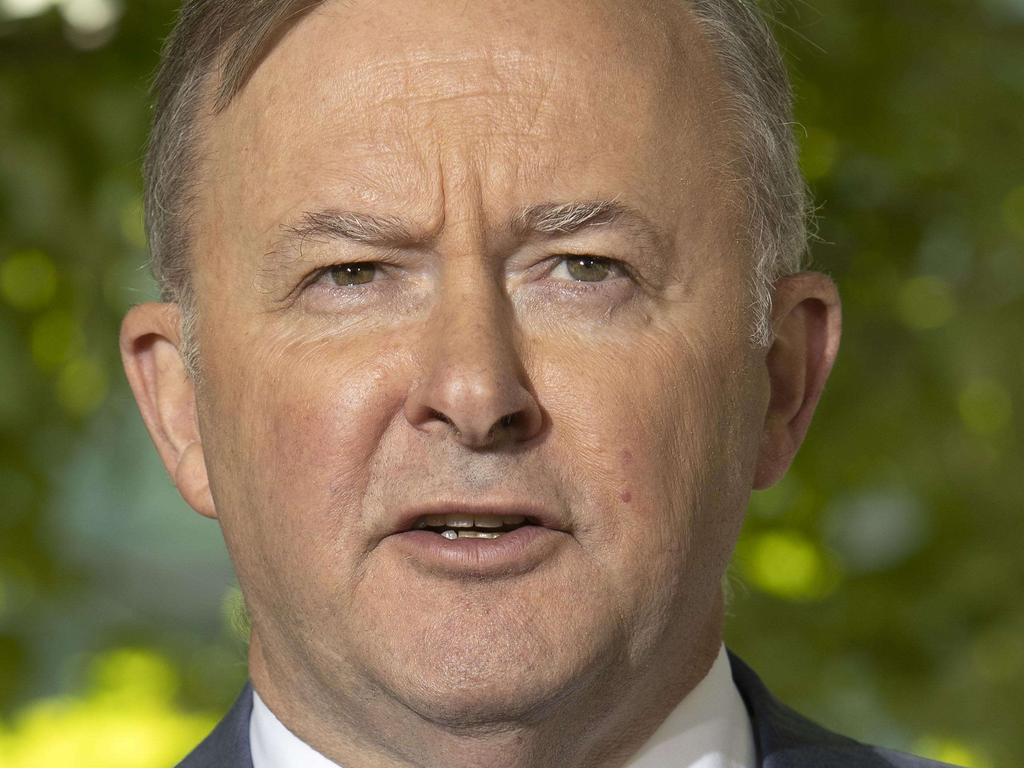
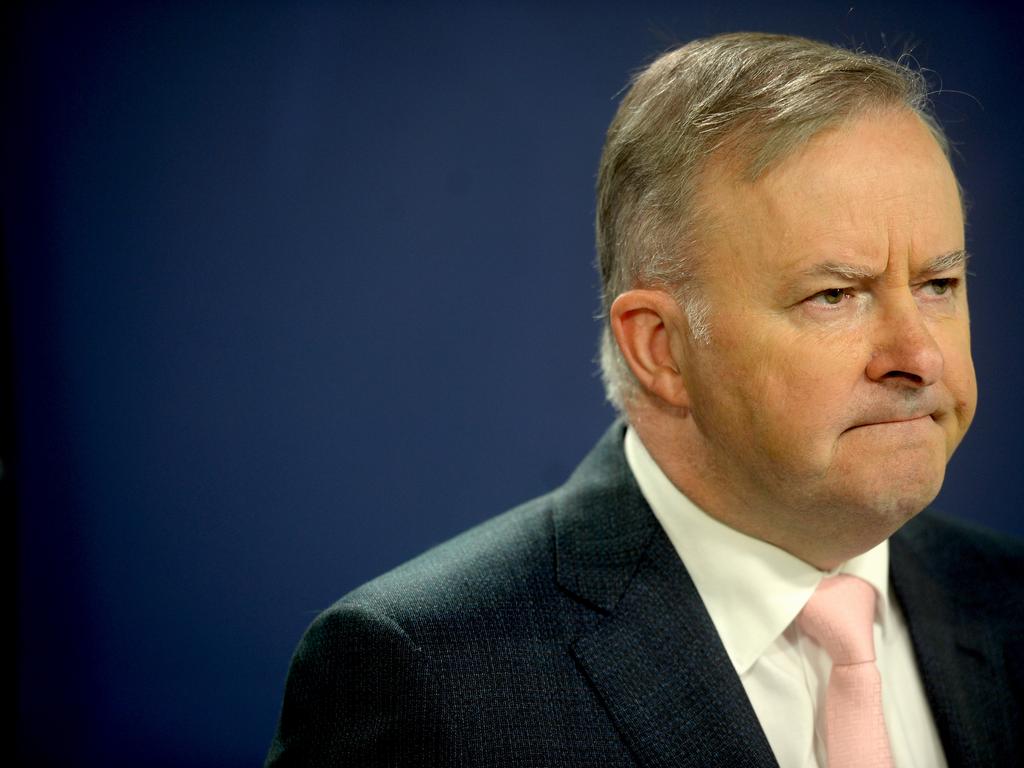
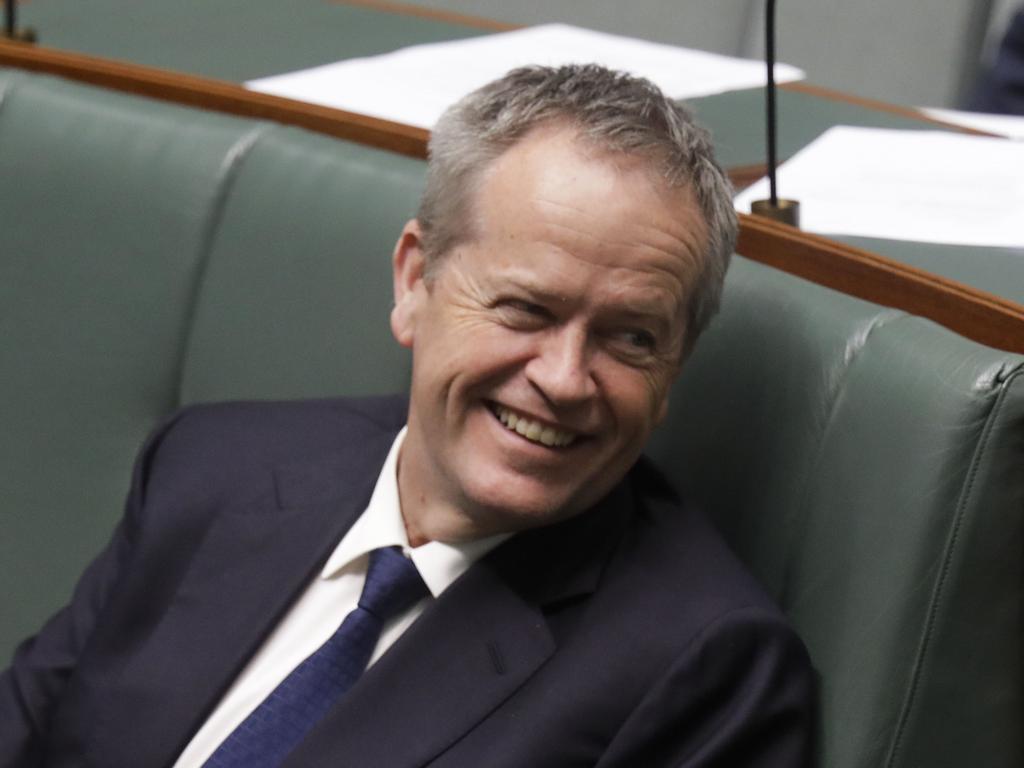



Little understood in Scott Morrison’s 2019 election victory is not just the Coalition’s triumph against almost all predictions but the tenuous place it left Labor in for the forthcoming election.